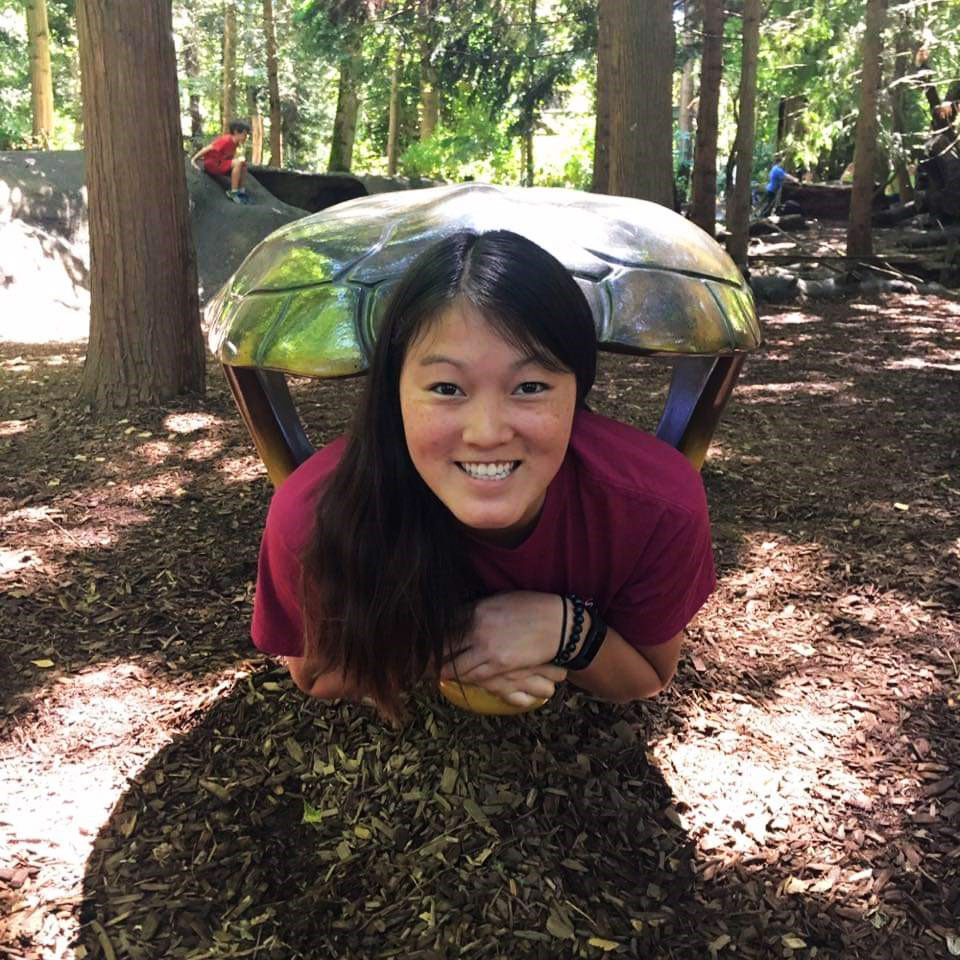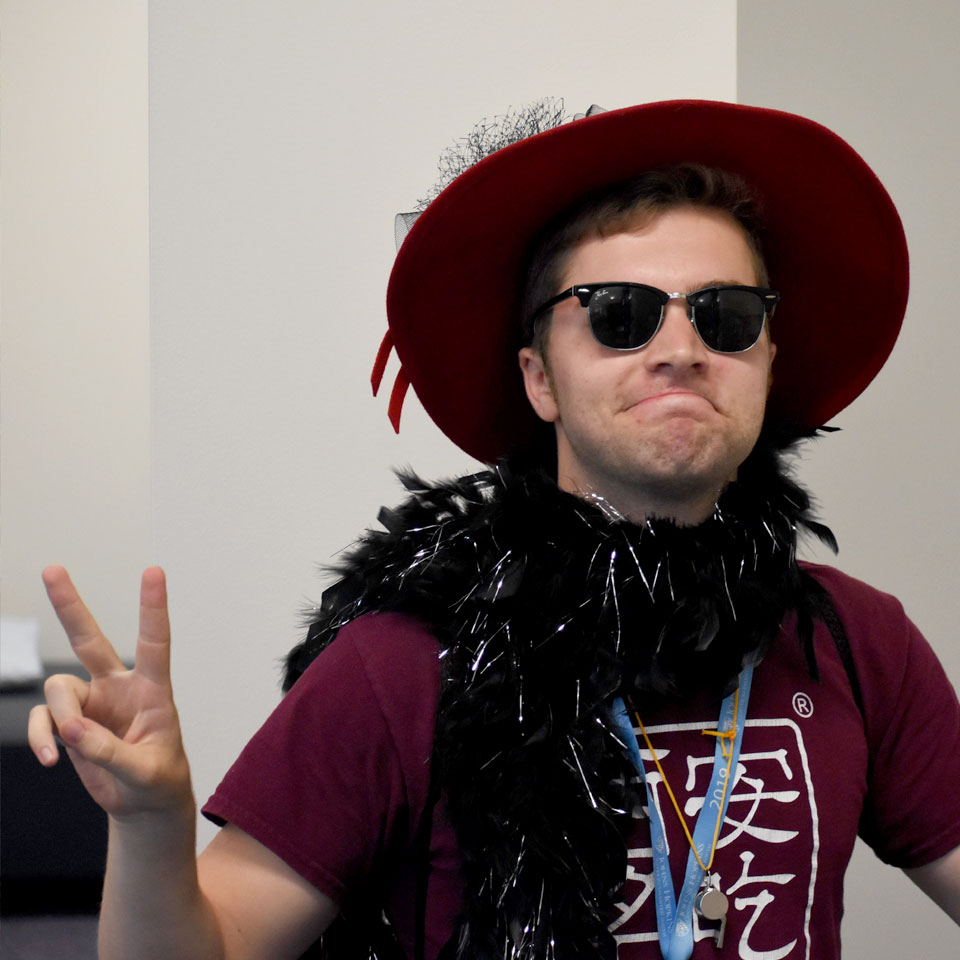Breadcrumbs
Inductive and Deductive Reasoning
- Grades 5-6
- CTY-Level
-
Residential and Commuter
- Mathematics
Reasoning, logic, and critical thinking are the building blocks of intellectual inquiry. This course will help develop your skills in these areas through problem-solving and exposure to a wide range of topics in mathematics. You’ll learn the different techniques used in inductive and deductive reasoning and examine the roles each play in the field of mathematics. First you’ll explore algebraic and geometric concepts, patterns, and real-world questions that can be answered using inductive reasoning, creating recursive and explicit formulas to describe patterns. As you move on to deductive reasoning, you’ll learn to use a system of logic to draw conclusions from statements that are accepted as true. Explore fun approaches to this style of reasoning, such as symbolic logic, truth tables, and syllogisms, while learning how to construct valid arguments to reach conclusions.
Typical Class Size: 14-16
This course is
ungraded.
Summer Dates & Locations
Session One



Session Two


Testing and Prerequisites
| Math | Verbal | |
|---|---|---|
| Required Level | CTY-Level | Not required |
Students must achieve qualifying scores on an advanced assessment to be eligible for CTY programs. If you don’t have qualifying scores, you have several different testing options. We’ll help you find the right option for your situation.
Sign up for Testing Learn MoreCost and Financial Aid
Tuition
- Varies
Application fee
- Nonrefundable Application Fee - $55 (Waived for financial aid applicants)
- Nonrefundable International Fee - $250 (outside US only)
We have concluded our financial aid application review process for 2025 On-Campus Programs. We encourage those who may need assistance in the future to apply for aid as early as possible. We are committed to serving all talented youth regardless of financial circumstances. Financial assistance is available based on need.
About Mathematics at CTY
Explore the study of shapes
Many of our courses allow students to describe the world around them in basic and profound ways. Younger students build foundational skills by exploring shape, scale, and proportion in Geometry and Spatial Sense. Middle School students delve into real-world applications of lines and analyze data with curves that follow uniform, symmetric, bell-shaped, or skewed patterns in Data and Chance. Advanced students unveil the deep interplay between numbers and shapes, investigating how triangular, square, and polygonal numbers create patterns that bridge geometry and algebra in Number Theory. By examining these elegant number patterns and symmetries, students discover how mathematics captures the intricate beauty and underlying structure of the natural world.
Dive deep into logic and reasoning
Our courses in formal logic give you the tools to question the world around you. Inductive and Deductive Reasoning introduces younger students to different types of reasoning, as well as the strengths and weaknesses inherent in various forms of critical analysis. Older students explore how logical reasoning can explain (or fail to explain) counter-intuitive results in Paradoxes and Infinities, or take a more rigorous approach to formal logic in Mathematical Logic.





